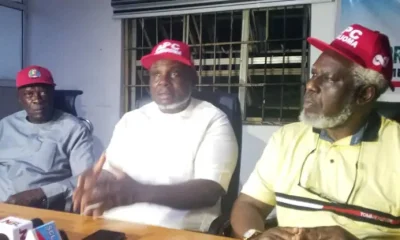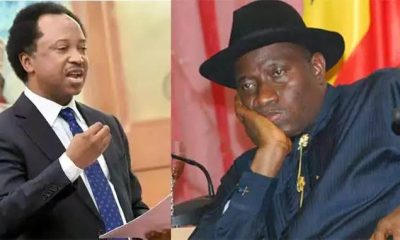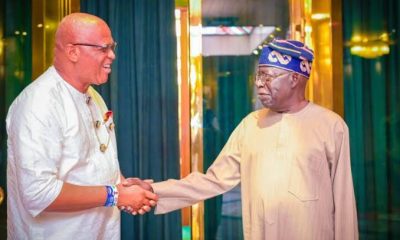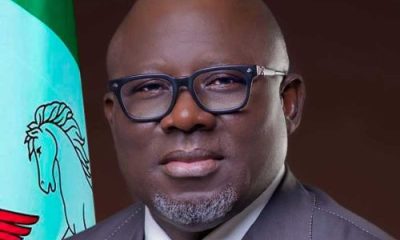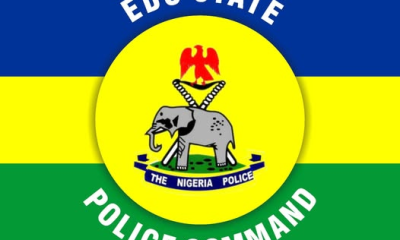News
Six-Time Presidential Hopeful Atiku Quits PDP, Again

Former Vice President Atiku Abubakar has officially resigned from the Peoples Democratic Party (PDP), ending a decades-long association with the party he helped found in 1998.
In a letter dated July 14 and addressed to the PDP chairman in his Jada 1 Ward, Jada Local Government Area of Adamawa State, Atiku said his decision to quit was driven by the party’s shift away from its original ideals.
“I find it necessary to part ways due to the current trajectory the Party has taken, which I believe diverges from the foundational principles we stood for,” Atiku wrote.
“It is with a heavy heart that I resign, recognizing the irreconcilable differences that have emerged.”
This resignation, effective immediately, marks another turning point in the political journey of one of Nigeria’s most enduring and resilient politicians.
Atiku served as Vice President under President Olusegun Obasanjo from 1999 to 2007 and has contested the presidency six times under various political banners—including the Social Democratic Party (SDP), Action Congress (AC), All Progressives Congress (APC), and the PDP.
He ran as PDP’s presidential candidate in both the 2019 and 2023 elections, losing to President Muhammadu Buhari and President Bola Tinubu, respectively.
Although Atiku had returned to the PDP in time for the 2019 elections, party insiders say his relationship with the platform had become increasingly strained.
He was reportedly disenchanted with the leadership’s handling of internal conflicts, zoning arrangements, and what he saw as a lack of strategic direction following the party’s defeat in 2023.
His frustration became public in 2024 when he began reaching out to other political figures across party lines. These consultations eventually led to the formation of a broader opposition coalition aimed at electoral reforms and promoting internal democracy.
While he never formally declared membership in the African Democratic Congress (ADC), Atiku has been widely viewed as the coalition’s central figure.
With his latest move, Atiku appears poised to formalize his alignment with the ADC-led coalition in the build-up to the 2027 general elections.
This latest defection has shaken the PDP, which has yet to issue an official response. However, senior party officials, speaking off the record, acknowledged that Atiku’s exit is a significant blow to ongoing reconciliation efforts within the party.
Many fear that his departure could trigger a wave of further defections, particularly among party members who share his dissatisfaction with the current leadership.
Atiku expressed appreciation to the PDP for the platform it provided throughout his career. “I remain grateful for the opportunity the party gave me to serve as Vice President and to contest for the highest office in the land,” he noted in his resignation letter.
At 78, Atiku Abubakar continues to be a formidable force in Nigerian politics—backed by vast networks, significant financial resources, and an enduring ambition to lead. Whether he will make a seventh attempt at the presidency remains to be seen, but his latest political realignment suggests he is not ready to retire from the national stage just yet.

